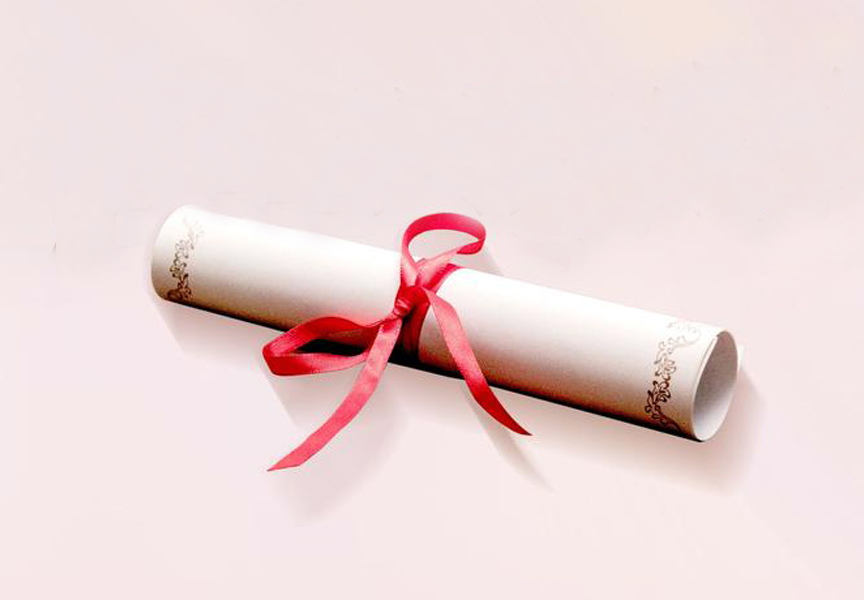Random Free Articles
- The Martial Art Dilemma: Quality Over Quantity
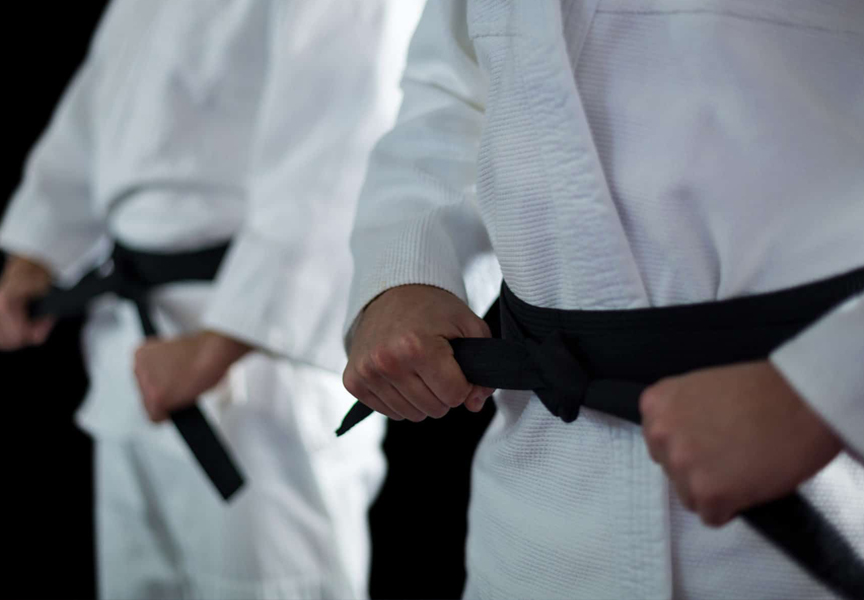
In the world of martial arts, there is often an emphasis on the number of techniques one can learn or the belts one can earn. Many martial arts schools and practitioners focus on quantity, striving to accumulate as many techniques or belts as possible. However, in this pursuit, the importance of quality can often be overlooked. In this article, we will explore why it is crucial to prioritize quality over quantity in martial arts. The Allure of…
- The Rise of Pretenders
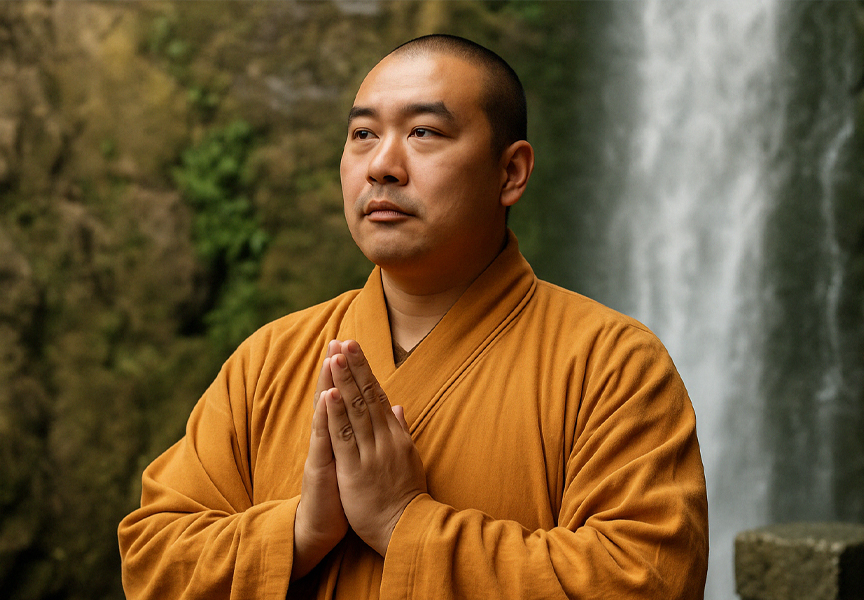
Over the past few decades, martial arts have exploded in popularity around the globe, bringing a wide range of fighting styles and philosophies to the forefront. Among the most celebrated is Chinese Shaolin Kung Fu—for its deep cultural roots, elegant movements, and philosophical depth. Yet as the art spreads beyond its native borders, a troubling trend has emerged in regions with limited access to authentic instruction: self-styled “Kung…
- Unveiling the Essence of the Heart Chakra
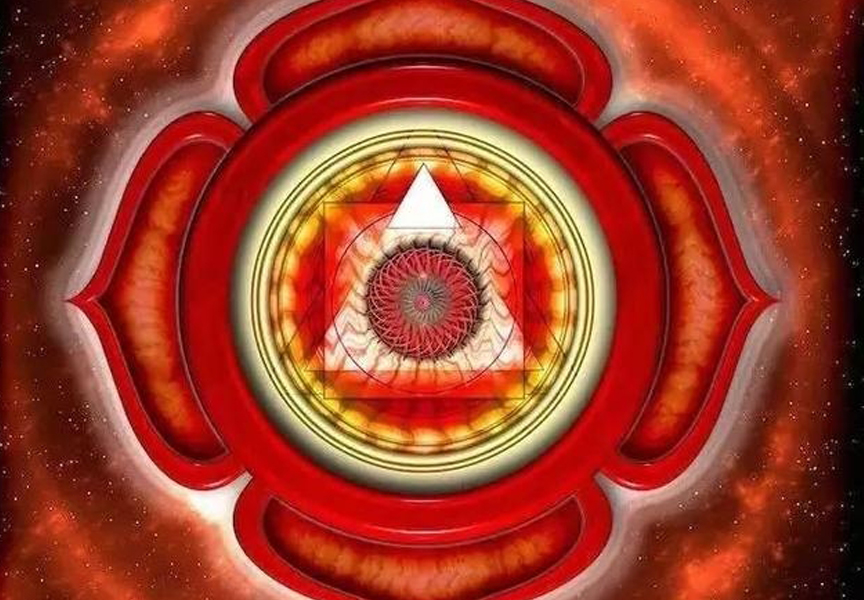
In the realm of spiritual exploration and self-discovery, the concept of chakras - Mailun [Chin.: Mài lún 脉轮 | Sanskr: चक्र] holds a significant place. Among these energy centers, the heart chakra, known as Xinlun [Chin.: Chin.: Xīn lún 心轮] in Chinese and Anāhata [हृदयचक्रम्] in Sanskrit, stands out as a focal point for balance, compassion, and interconnectedness. Let's delve into the profound…
- Song Kua in Shaolin Rou Quan
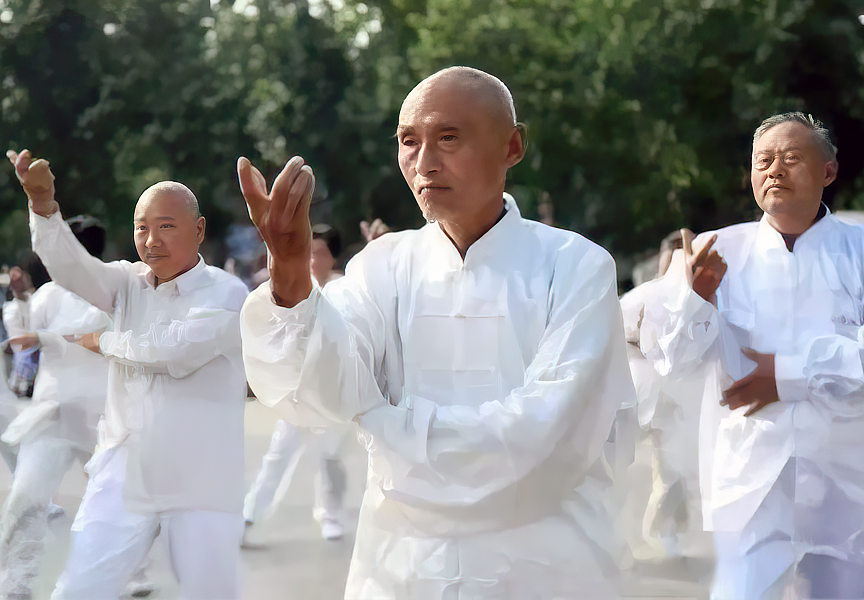
The Essence of Relaxation and Expansion Shaolin Rou Quan, is a Chinese Shaolin martial art that emphasizes the principles of balance, harmony, and the cultivation of internal energy. One crucial concept in Shaolin Rou Quan that encapsulates the essence of its movements is Song Kua -[Chin.: Sōng kuā 松夸], which can be translated as (relax the hip joints) or (open the crotch.) Understanding and embodying the principle of Song Kua is…
- Manifesto of a Master
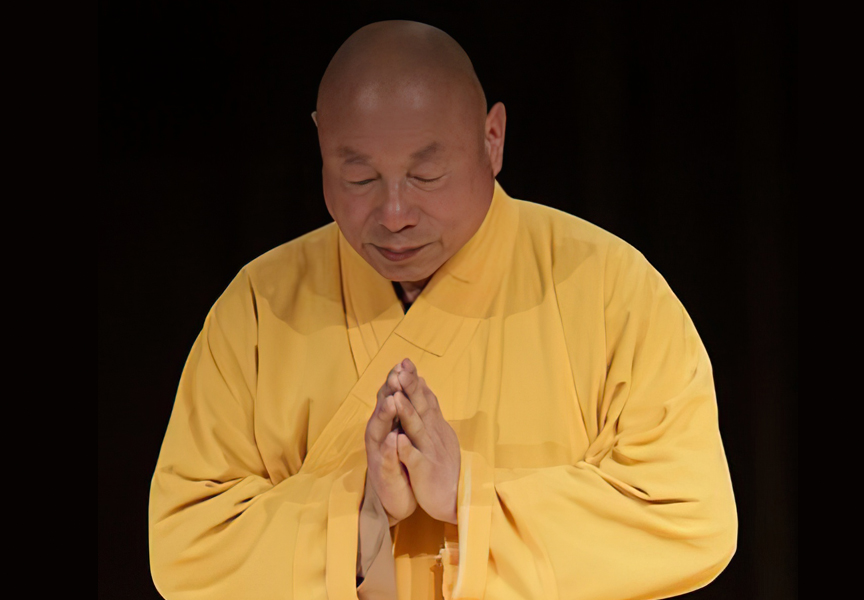
Embracing Martial Arts as a Path of Personal Growth In this sacred space of learning and discipline, I declare my commitment to the essence of true martial arts education. I am not a coach but a teacher, fostering the development of students, not athletes. This is not a sport; it is an art, a philosophy, and a way of life. I Have Students, Not Athletes: My purpose is to guide individuals on a journey of self-discovery and self-mastery. The…

